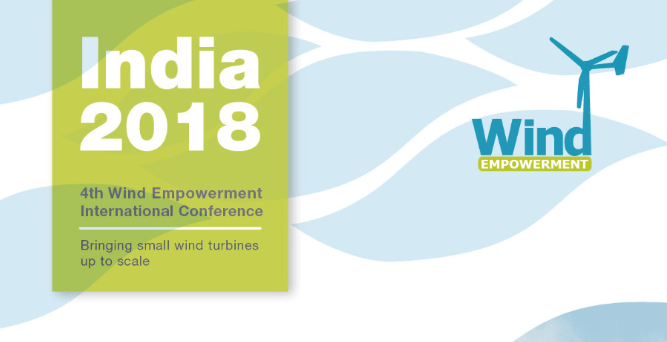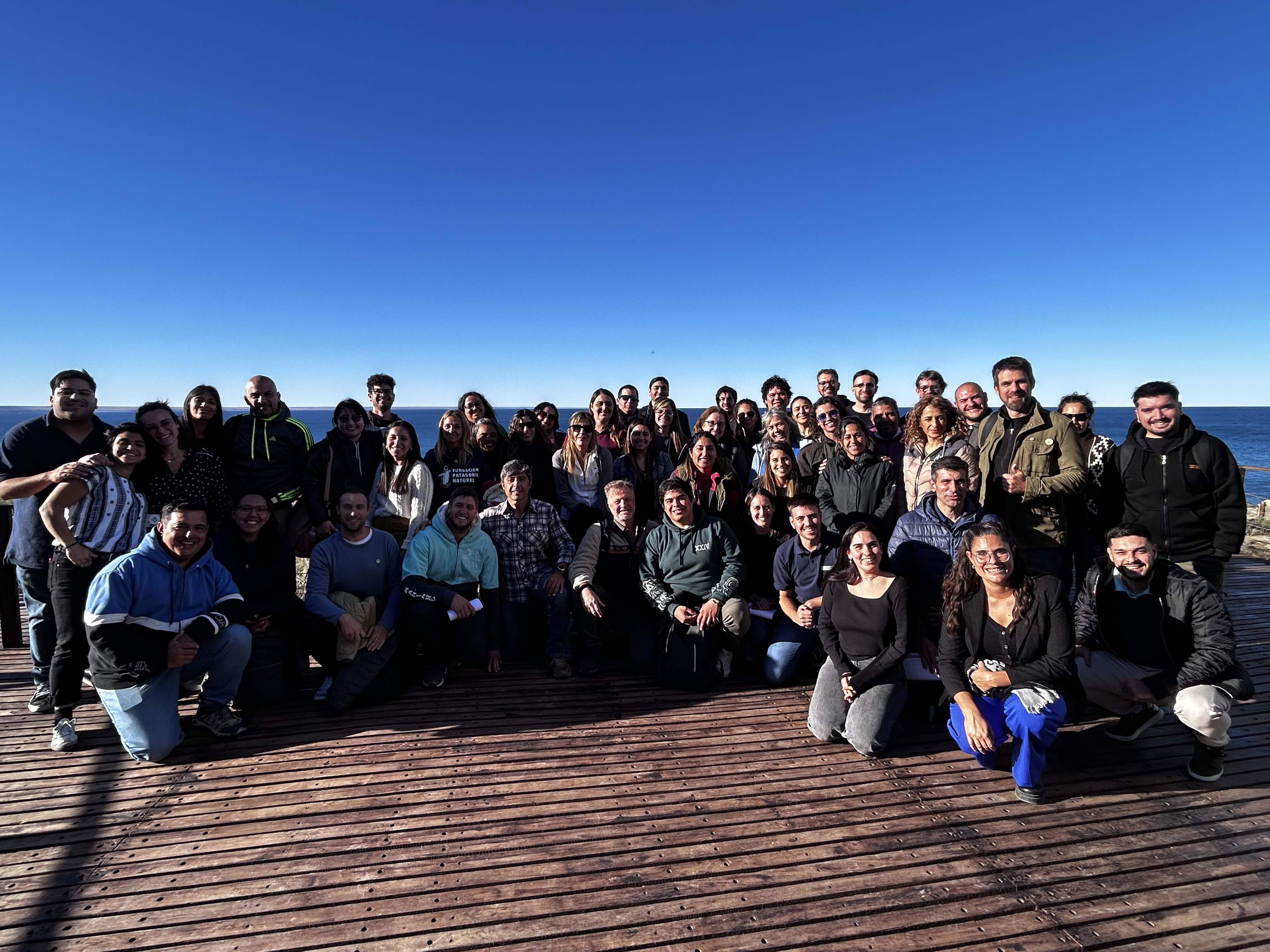More than 45 teachers from 15 schools in Chubut Province, Argentina, participated in the first training to launch our newest capacity building partnership: the YouthEnergy project.
Wind Empowerment 2018 International Conference: WEIndia2018
The 4th Wind Empowerment International Conference, “WEIndia2018: Bringing Small Wind Turbines up to Scale”, will take place in Kayathar, India from 1 – 14 December 2018. If you would like to participate, please register by 30 June (if you are applying for a travel scholarship) or by 31 August (if you do not require a travel scholarship).
The Wind Empowerment network invites you to apply for the 4th International Conference WEIndia2018.
The deadline for applications is 30 June (if you are applying for a travel scholarship) or 31 August (if you do not require a travel scholarship).
Sign-up form for WEIndia2018: “Bringing Small Wind Turbines Up To Scale”
This year’s conference is jointly organised by Wind Empowerment and the National Institute for Wind Energy (NIWE), India. It will be longer than previous conferences, spanning approximately two weeks: one week of training sessions and one week for the conference programme.
NIWE is offering full travel and conference scholarships to a limited number of international applicants who wish to participate in a one-month long course related to small wind rural electrification, which will include attendance at the WEIndia2018 conference.
The eligibility criteria for applying to NIWE’s scholarship are the following:
- Applicants must be available to join the two-week pre-conference workshop events, as well as the two-week conference. This means being in India for one month, from 15 November – 15 December 2018
- Applicants must have nationality from one of the eligible countries
- Applicants must have a working knowledge of English sufficient to follow the course
Wind Empowerment will try to provide scholarships (at least partial) to participants who do not fulfill the prerequisites above. However, if you are eligible and able to join the one-month course and conference events, do not miss this chance to apply. Send an email to windempowerment.group@gmail.com.


